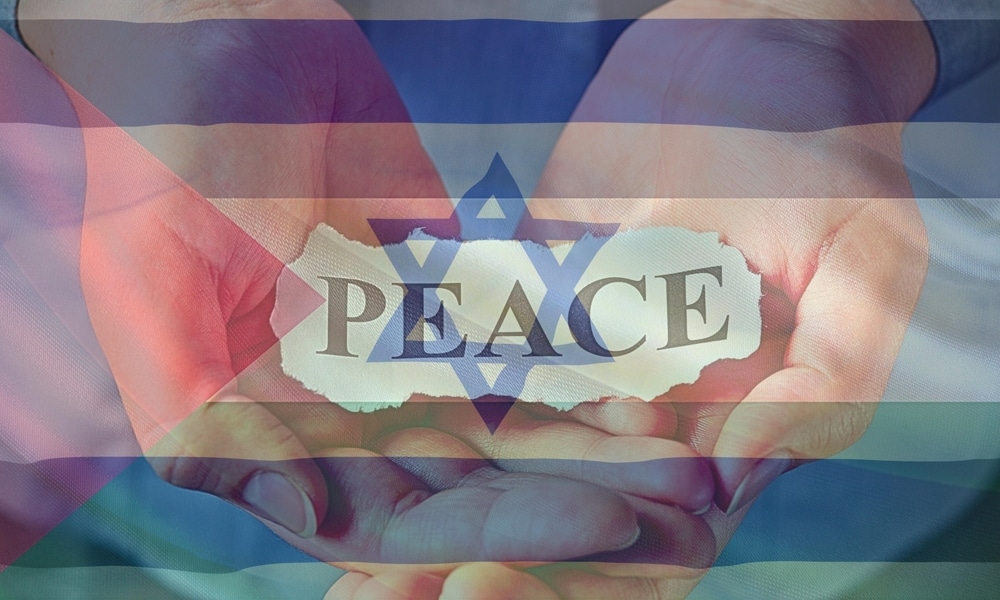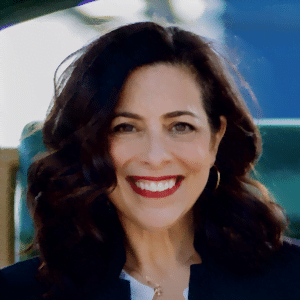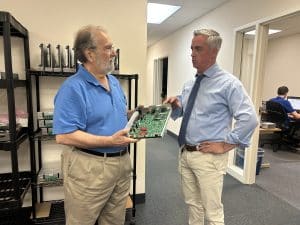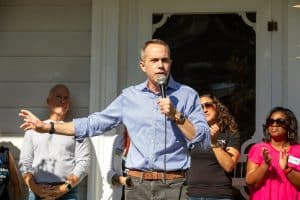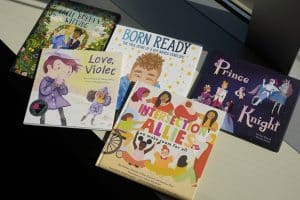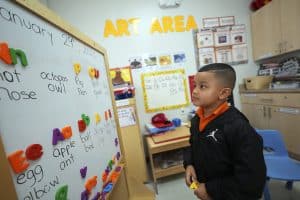Today I am writing to try to work through what I think is happening in Central Bucks School District. There are people who I love – both Jewish and Muslim – who do not feel supported. I am approaching this as someone having spent the last 20-plus years identifying as a social justice educator. And I feel it is important to take the risk and engage in the difficult work – not just for them, but for all educators who may be feeling similarly, as well as parents in the community trying to navigate the issue of the current Israeli-Palestinian conflict and how, if at all, it should be taught and addressed in schools.
This conversation is not new. In fact, we’ve been having it, or trying to, for the last few years now, though it has largely focused on history, and specifically how, or whether even, we should teach America’s history of racism and its ongoing struggle of living up to its promises of freedom, justice, and equality for all.
Sadly, political arsonists like Christopher Rufo poisoned the conversation by creating and then weaponizing an intellectual straw man – Critical Race Theory – and distorting the nature of it and its reality to suggest this university level area of study is being injected into K-12 curriculum. In fact, in a moment of candor, he admitted his true goal was getting large swaths of the public to “read something crazy in the newspaper and immediately think ‘Critical Race Theory’.” Then later, in 2022, in much the same fashion, he proposed that drag queens be referred to as “trans strippers” in order to prompt anyone who heard it to immediately equate drag with hypersexualization and potential harm to children. This helped fracture and tribalize not just local communities, but the entire nation, while sowing distrust in our public education system.
READ: Anti-Critical Race Theory hysteria revives McCarthyism, Klan politics
Rufo serves as an example of how his own education failed him. His inability to have an educated conversation or debate that displays factual knowledge, critical thinking skills, analysis, and empathy is what we don’t want for our students. These traits, which Rufo lacks, are what we need to cultivate in our students so they can grow up to be informed and engaged citizens in our democracy. And this can help us steer our way to solutions in empowering and preparing teachers to facilitate lessons and difficult conversations about what’s happening in the world around us.
I’m troubled by what seems like an effort to silence teaching about Palestine or any critical engagement with how Israel is handling its military response and interventions in Gaza following Hamas’ horrific terror attack on October 7. Now the United States, for example, hasn’t always lived up to its ideals with how it conducts its foreign policy, never mind its wars. Most fair-minded people can agree on that. Why is this any different? This debate also reminds me of educators being unfairly targeted for teaching about racial justice, or creating safe spaces for the LGBTQIA+ community.
READ: The Israel-Hamas war is a hot-button issue. How K-12 schools are addressing it.
Last month I wrote about a lesson that I found where an educator expertly taught about the history of Israel and Palestine by having students investigate accepted facts, consider varying perspectives, reflect on personal narratives, and think deeply about our personal truths. But since then I have heard time and time again that any discussion that opens the door for empathy for Palestinians puts educators at risk – and that hurts both teachers and students. Using Somia Shoman’s framework, here is a quick analysis of what I am observing.
Facts – There is a rise in antisemitism, Islamophobia and anti-Palestinian bigotry in this country.
Perspective – The way our country is handling the realities of rising antisemitism, Islamophobia, and anti-Palestinian bigotry is not helping. In fact, my point of view is that it is making both worse and creating a wider divide. Our education system lacks serious attention to historical and modern day realities beyond our U.S. borders.
Narrative – My Jewish friends feel strongly about Israel because of the historic oppression they experience and their right to have a place to call home. My Palestinian friends share that in order to provide a place for Jews they were displaced and feel their right to exist has been ignored in order to create a safe space for Jews. I understand that the Jews needed a place to call home after the very real devastation they endured. I wonder if there was a solution that did not displace people from the land they called home.
Personal truth – I believe that there is a place in classrooms to discuss these issues openly. Not to tell students what to believe or to think, but rather to be honest about the history and allow students to grapple with the realities and differing ideas and learn from them, learn from one another, and build deep understanding and empathy. This may require support for teachers in learning how to lead this kind of discussion, leading with facts, acknowledging bias, and becoming skilled in conflict resolution. This could also include training on identifying anti-semitism and Islamophobia. Administrators must support teacher professional development in these areas.
Sari Beth Rosenberg, a U.S. History and AP U.S. History New York City public high school teacher of nearly 22 years has been grappling with these same issues (as have other teachers, school districts, and communities across the country). In an article for Chalkbeat New York that she wrote, Rosenberg actually provided a list of curriculum resources that could prove useful here.
She wrote:
“I highly recommend the following resources to educators looking to teach the topic in their classrooms: War Grips Israel and Gaza After Surprise Attack from PBS NewsHour Classroom, Processing the Violence in Israel and Gaza from Facing History & Ourselves, The Israel-Hamas War: A Forum for Young People to React in The New York Times, How Do I Talk to My Kids About Violence? from Common Sense Media, and What Is U.S. Policy on the Israeli-Palestinian Crisis? from the Council on Foreign Relations. For more advanced students, this recent New York Times guest essay is interesting to read and analyze.”
Rosenberg also writes about being asked by a student whether she was on “Team Israeli” or “Team Palestinian.” Her response was that she was on “Team Humanity.”
If we are all going to be on “Team Humanity” we can not let our fear silence and divide us and keep us from finding and enacting solutions to best serve our Central Bucks students and community as a whole.
